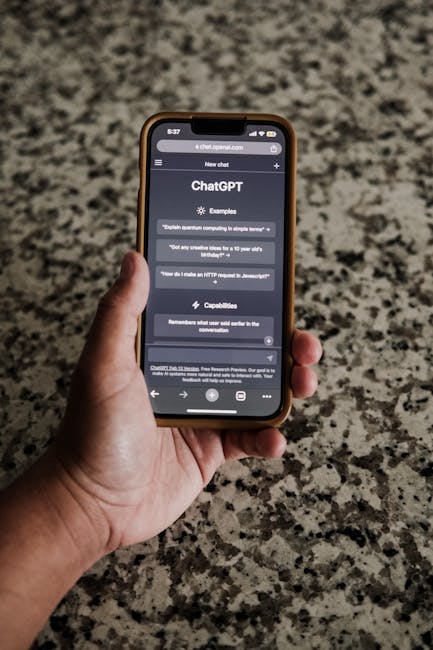WhatsApp is Launching Third-Party Chat Integration in Europe
In a major shift for digital communication, WhatsApp has announced plans to introduce third-party chat integration in Europe. This change, driven by the EU’s Digital Markets Act (DMA), will let users message contacts on other apps like Signal or Telegram directly from WhatsApp. Here’s what you need to know.
What Is Third-Party Chat Integration?
Third-party integration means WhatsApp will no longer be a closed ecosystem. Users can:
– Send/receive messages from other platforms (e.g., Telegram, SMS) without switching apps.
– Maintain chats across services within WhatsApp’s interface.
This move challenges WhatsApp’s traditional end-to-end encryption (E2EE) model, sparking debates about privacy and security.
Why Is WhatsApp Introducing This Feature?
The EU Digital Markets Act (DMA) labels WhatsApp as a “gatekeeper,” requiring interoperability with smaller apps to promote competition. Non-compliance could cost Meta up to 10% of global revenue, making this a compliance necessity.
How Will Cross-Platform Messaging Work?
Key details from WhatsApp’s plan:
– Opt-in system: Users control whether to enable third-party chats.
– Encryption: WhatsApp claims E2EE will apply, but implementation depends on partner apps.
– Limited rollout: Only text, images, and videos initially; calls/groups may follow.
Pros and Cons of WhatsApp’s New Feature
Benefits
✅ Convenience: One app for all messaging.
✅ Fair competition: Smaller apps gain access to WhatsApp’s 2.4B users.
✅ Avoids fines: Meta complies with DMA rules.
Risks
❌ Security gaps: Weak encryption on third-party apps could expose messages.
❌ More spam: Open systems may invite phishing/scams.
❌ User confusion: Non-tech-savvy users might misuse settings.
Will This Feature Come to India or Other Regions?
While the DMA applies only to Europe, India’s Digital India Act could push for similar rules. However, experts warn that India’s weaker data laws might heighten privacy risks.
What’s Next?
WhatsApp will release developer guidelines soon, with a phased rollout in Europe. Success here could set a global precedent.




